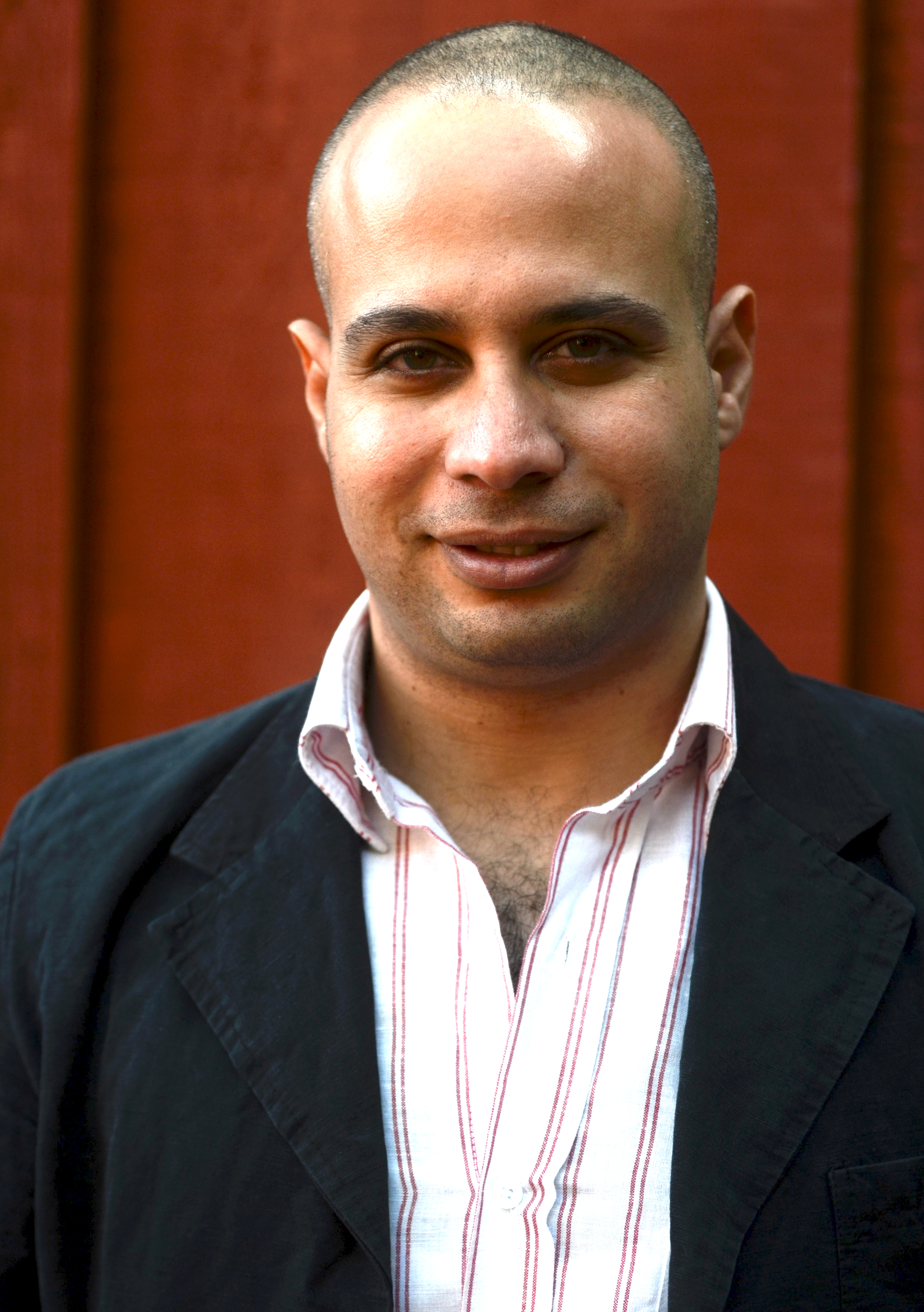Organizer of Egyptian revolution encourages students to participate in social movements

Ahmed Maher visits UCLA to share his experiences during the Egyptian Uprisings with alumni and students.
By Jake Greenberg
Nov. 16, 2011 1:26 a.m.
Ahmed Maher, a key player in the January revolution in Egypt, encouraged students to participate in popular social movements Tuesday in a private lunch with selected members of the UCLA community.
Maher helped organize communications for protests throughout the Egyptian revolution. He attempted to launch revolutionary movements for several years before the outbreak of popular uprisings, which would eventually oust Egyptian president Hosni Mubarak.
Maher relied largely upon social media, such as Twitter and Facebook, to help inform people about where and when protests would occur. That’s one of the reasons that Maher said he sees a connection between the Arab Spring and the Occupy movement now taking hold in the United States.
“We can share our experience from Egypt with the Occupy movement and we can share what we have seen and what we have done in our role in the revolution,” he said.
Maher is part of the Artists and Athletes Alliance, which partners with UCLA to bring influential people on campus to speak with students and faculty, said Steven Ross, executive director of the company. At the luncheon, which was closed to the media and included faculty, alumni and graduate students, Maher spoke about the role young people play in creating change in corrupt political systems.
“The youth were very important to the movement in Egypt,” Maher said. “The young people especially were the first to show up to protest.”
The Arab Spring should be seen as an example of the power of people’s will, he added.
Maher’s visit to UCLA comes less than two weeks before Egypt’s scheduled presidential and parliamentary elections. He said he is hopeful for the future of Egypt, but the revolution does not end with the elections.
“The revolution is a process. Democracy takes time, but this is a good step for Egypt,” he said.
Speaking with participants involved in a revolution, such as Maher, gives an often unreported perspective to history, said James Gelvin, a professor of modern Middle Eastern history and host of the lunch.
“As academics (we) read about these events in books and newspapers but here was a man who actually saw it,” Gelvin said.
Speakers such as Maher give people a chance to see the work and difficulties that go into planning a popular revolution, said Maytha Alhassen, a UCLA alumna who attended the luncheon.
“I think it was very important to hear that the Egyptian revolution and Arab Spring didn’t just happen,” she said. “They were organized events that took years of planning.”
First-hand experiences such as Maher’s are also more powerful than reading about events in a newspaper article, Alhassen added.


